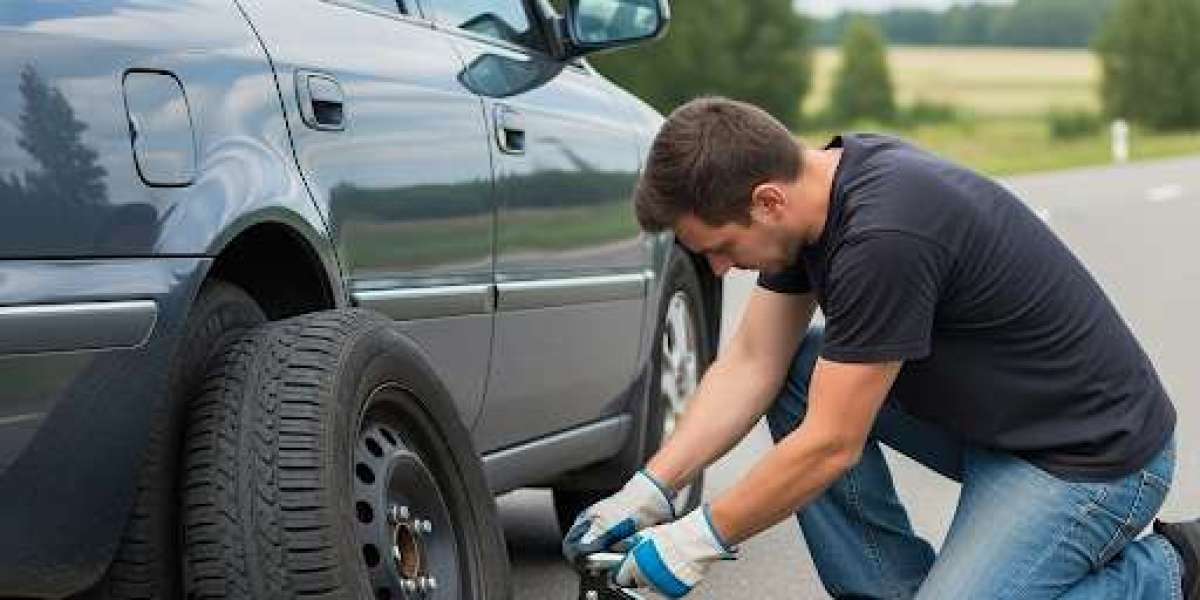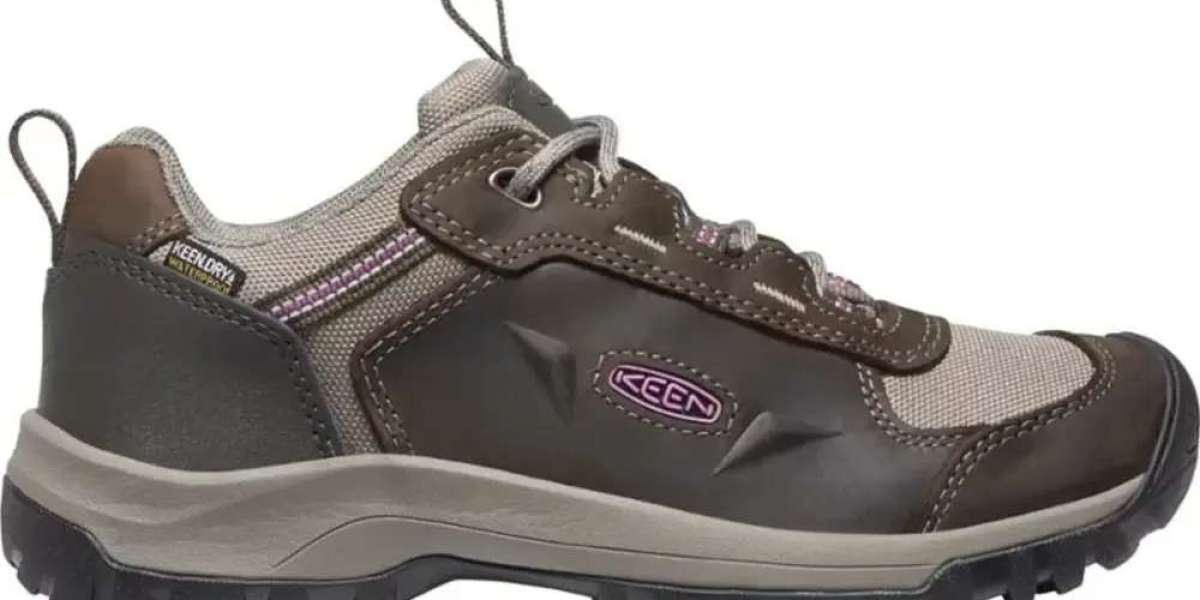Tyres are the unsung heroes of your vehicle. They are the only point of contact between your car and the road, directly affecting your safety, comfort, and fuel efficiency. Over time, tyres wear out and must be replaced to ensure safe driving. But when should you replace them? What kind of tyres should you choose? And how much does tyre replacement cost?
In this comprehensive guide, we’ll cover everything you need to know about tyre replacement—from warning signs to types of tyres, and tips to prolong tyre life.
Why Tyre Replacement Matters
Tyre replacement isn’t just about avoiding a flat or improving performance; it’s a vital safety requirement. Worn-out or damaged tyres:
Reduce traction and increase braking distances
Cause poor handling in wet or icy conditions
Increase the risk of blowouts
Negatively affect fuel economy
Fail vehicle inspections
Proper tyre replacement ensures your vehicle operates at its best and keeps you and others safe on the road.
Signs You Need a Tyre Replacement
1. Tread Wear
The most common sign that your tyres need replacing is low tread depth. Use the penny test or check the tread wear indicators built into the tyre. If tread depth falls below 2/32 of an inch (1.6 mm), it’s time to replace them.
2. Cracks or Bulges
If you notice cracks, bulges, or blisters on the tyre sidewall, this can indicate structural damage. These issues can lead to sudden tyre failure and should be addressed immediately.
3. Uneven Wear
Tyres wearing out more on one side than the other often point to misalignment or suspension issues. Regardless of the cause, unevenly worn tyres should be replaced.
4. Vibration While Driving
Excessive vibration or thumping noises could indicate internal tyre damage or wheel alignment problems. This can affect handling and comfort.
5. Age of the Tyres
Even if the tread is intact, most tyre manufacturers recommend replacement every 6–10 years, regardless of use, due to rubber degradation.
How Often Should You Replace Your Tyres?
On average, tyres last between 25,000 to 50,000 miles (40,000 to 80,000 km), depending on:
Driving habits
Road conditions
Tyre quality
Maintenance routines
It's important to inspect your tyres regularly and follow the manufacturer’s guidelines for replacement intervals.
Choosing the Right Tyres for Your Vehicle
When it’s time to replace your tyres, consider the following factors to choose the best fit:
1. Tyre Size
You can find your car’s correct tyre size on the sidewall of your current tyres or in the owner’s manual. Tyre size includes width, aspect ratio, and diameter (e.g., 205/55R16).
2. Driving Conditions
All-season tyres: Best for year-round use in moderate climates.
Winter tyres: Designed for snow and icy roads.
Summer tyres: Offer optimal performance in warm weather.
Performance tyres: Ideal for sporty vehicles and high-speed driving.
Off-road tyres: Suitable for 4x4s and rugged terrain.
3. Load and Speed Rating
Ensure the tyres match the load-carrying capacity and speed requirements of your vehicle. This information is also found in your owner’s manual or tyre placard.
4. Fuel Efficiency
Tyres with low rolling resistance can improve fuel economy. Look for tyres with high energy ratings on the label.
5. Budget
Tyre prices vary significantly based on brand, type, and quality. Set a realistic budget but remember: investing in quality tyres pays off in safety and longevity.
Professional vs. DIY Tyre Replacement
Professional Tyre Replacement
Most vehicle owners prefer to have tyres replaced at a professional service center because:
Experts ensure correct mounting and balancing
Proper disposal of old tyres
Alignment checks
Warranty and guarantees
DIY Tyre Replacement
Replacing tyres yourself is possible if you have the tools and experience, but it’s generally not recommended unless you're trained. Improper installation can lead to serious issues.
How Much Does Tyre Replacement Cost?
The cost of tyre replacement varies based on:
Tyre brand and type
Vehicle make and model
Number of tyres replaced
Additional services (balancing, alignment, valve replacement)
Average Tyre Costs (Per Tyre):
Budget tyres: $50 – $100
Mid-range tyres: $100 – $200
Premium tyres: $200 – $400+
Additional Costs:
Mounting and balancing: $15 – $50 per tyre
Wheel alignment: $75 – $100+
Disposal fee: $2 – $5 per tyre
Always ask for a detailed quote before proceeding with replacement.
Tips to Extend the Life of Your Tyres
Taking care of your tyres can help delay the need for replacement:
1. Regularly Check Tyre Pressure
Underinflated tyres wear out faster and decrease fuel efficiency. Check pressure monthly and keep it at the recommended level.
2. Rotate Tyres
Rotate your tyres every 5,000 to 8,000 miles to promote even wear.
3. Balance and Align Wheels
Wheel balancing and alignment prevent uneven wear and improve handling.
4. Drive Smoothly
Avoid sudden braking, sharp turns, and speeding over potholes or curbs.
5. Inspect for Damage
Regularly check your tyres for nails, cuts, or other damage that may require immediate attention.
Seasonal Tyre Replacement: When and Why
If you live in a region with extreme weather, seasonal tyre replacement may be necessary.
Winter Tyres: Install when temperatures drop below 45°F (7°C)
Summer/All-Season Tyres: Reinstall in spring when roads are clear of ice and snow
Storing seasonal tyres properly in a cool, dry place prolongs their life.
Where to Get Tyre Replacement Services
Here are the best options for tyre replacement:
1. Dealerships
Pros:
Use OEM-approved tyres
Reliable service
Cons:
Typically more expensive
2. Tyre Retail Chains
Chains like Discount Tire, Goodyear, Firestone, and Costco offer competitive pricing and convenient packages.
3. Local Auto Shops
Independent tyre shops often provide personalized service and may offer better pricing.
4. Mobile Tyre Replacement Services
Many companies now offer mobile tyre replacement at your home or workplace—convenient and fast!
FAQs About Tyre Replacement
Q1: Can I replace only one tyre?
It’s best to replace tyres in pairs (front or rear) or all four for balanced handling. Replacing only one is acceptable if the other tyre is nearly new and has similar tread.
Q2: What should I do with my old tyres?
Most tyre shops recycle old tyres. You can also repurpose them for gardening or playground use, but never dump them illegally.
Q3: How do I know if the new tyres are properly balanced?
Improperly balanced tyres can cause vibration at high speeds. Ask the technician for dynamic balancing during installation.
Conclusion
Tyre replacement is essential to maintaining vehicle safety, performance, and fuel efficiency. By learning to recognize signs of tyre wear, choosing the right tyres, and investing in professional installation, you ensure smooth and safe driving for years to come.
Whether you're dealing with a flat tyre, worn-out tread, or seasonal change, don’t delay replacing your tyres. Keep your vehicle in top condition and drive with confidence.








